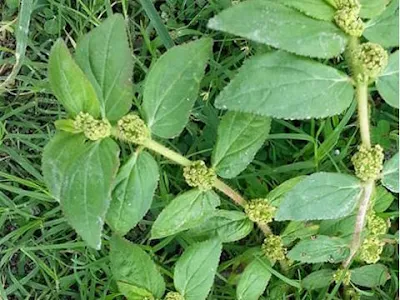Understanding Dengue
Diagnosis
Most families are now familiar with the protocols for dealing with dengue. Doctors recommend that if a fever persists for more than three days, a Complete Blood Count (CBC) should be conducted to check platelet levels. If platelets are low, hospitalization is often necessary for further monitoring. Other symptoms must also be considered in the diagnosis.
Symptoms
 |
| Rashes as one of the symptoms for dengue |
Prevention
With no known cure for dengue, prevention is essential. The Department of Health provides guidelines to help mitigate the risk of infection. Mosquitoes breed in clean, stagnant water, so it’s crucial to cover water drums and pails, replace water in flower vases weekly, and clean all water containers regularly to remove mosquito eggs. Rain gutters should be cleared of debris, which can create breeding grounds. Unused containers like tin cans, bottles, and tires should be properly disposed of to eliminate potential water sources.Natural Remedies for Dengue: Truth or Myth?
While the rainy season may bring an array of waterborne diseases, it also blesses us with an abundance of plants, many of which hold medicinal properties. Traditional knowledge passed down through generations may offer insights into effective treatments, as dengue is not a new disease; its earliest recorded instances date back to the Jin Dynasty in China (265-420 A.D.), with epidemics noted in the 17th century and again after World War II in Southeast Asia.
 |
| A mangagaw plant |
Among the remedies, the Mangagaw plant (Euphorbia hirta), commonly found in backyards, are often cited. To prepare it, boil the roots or the entire plant, and allow the decoction to cool before administering it to the patient. Many people report that consuming this juice helps increase platelet counts and reduce fever.
 |
| Flowers from male papaya |
This mangagaw remedy is sometimes combined with some stalks of fresh male papaya flowers. Boiled the combination of this two and the cool decoction will serve as a drinking water for the dengue plague patient.
 |
| Juice extracted from papaya leaves |
Papaya leaves (Carica papaya L.) have also gained attention as a potential remedy for dengue. Recent claims suggest that extracting juice from raw, cleaned papaya leaves can help elevate platelet levels. This remedy involves pounding the leaves, filtering the juice, and administering two tablespoons daily. Research has shown that papaya leaf extracts can enhance immune function.
 |
| Sweet potato leaves |
The Power of Prayer
Regardless of the effectiveness of these natural remedies, one of the most potent ways to combat dengue is through prayer. Trusting in a higher power can bring hope and healing. As stated in Mark 11:22-24, faith can move mountains, and through prayer, we can seek strength and protection.
As we navigate the rainy season, let us embrace both the challenges and blessings it brings, fostering a spirit of resilience and hope.
